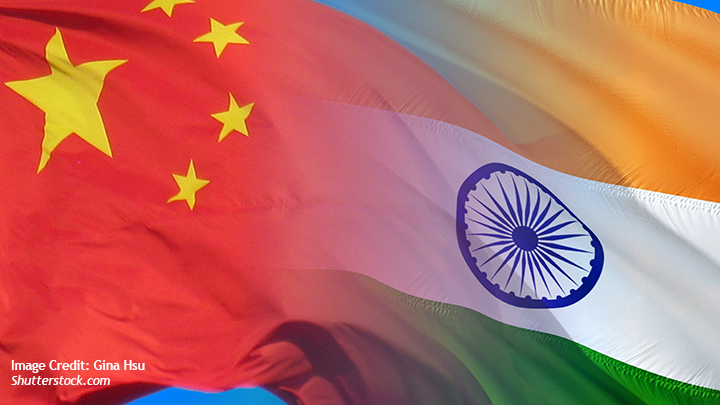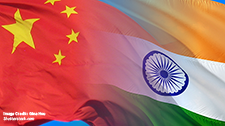Three Decades of India’s Eastward Engagement: China’s Perceptions and Responses

B. R. Deepak
Abstract:
This issue brief looks into China’s perceptions and responses to India’s Act East Policy. It argues that China sees India’s Act East Policy in three phases – the first two correspond to a period when both managed to establish an equilibrium and understanding, and when India desired to strike a balance between the US and China. The third phase corresponds to the ascendance of Prime Minister Modi to the Indian political scene – the time when the equilibrium was lost owing to the power shift favoring China, and China’s malevolent relations with India following frequent standoffs resulting in the Doklam and Galwan conflicts. India realigning its Act East Policy and sub-regional and multilateral mechanisms like BIMSTEC, SAGAR, IORA, and Quad, etc., have been pronounced as part and parcel of India’s Act East Policy serving the unstated goals of India’s Indo-Pacific strategy. Since Beijing views the Indo-Pacific strategy essentially as containment of China by the US and its allies, India’s broader geopolitical ambitions have to an extent been held in check by its rivalry with China and Pakistan, according to the Chinese scholarship. It is for this reason, they believe that India’s strategic vision is governed by its thinking on South Asia and the Indian Ocean. Nonetheless, they are apprehensive that the Indo-Pacific strategy does give it levers to intervene in the South China Sea, diminish ASEAN centrality, and oppose China’s connectivity projects.
Related Publications
-
Could India’s relationship with China change under the new Modi government?
As the Indian Prime Minister Narendra Modi forms a new government for the consecutive third time after the BJP-led National Democratic Alliance (NDA) coalition secured a comfortable majority in the […]
-
To What Extent is China a ‘Security Threat’?
The current international order, led by the United States, is undergoing phenomenal political, economic, and security changes that will decide whether the order will continue as it is, or a […]
-
Positive Paranoia: Chinese Interpretations of Indo-Pacific Geopolitics
This Focus Asia paper seeks to interpret Chinese narratives on Indo-Pacific geopolitics by reviewing Chinese state media and scholarly opinions on Indo-Pacific geopolitics. For this purpose, the paper also examines […]
-
Not Drawing a Parallel. Ukraine and Taiwan: An Indian Perspective
Russia’s war against Ukraine has not only had economic, diplomatic, and geopolitical repercussions, but also exaggerated the fear of accelerated conflicts in the Indo-Pacific, a region with several unresolved conflicts […]
-
Needed, a Framework to Protect Undersea Cables
In the data-driven world we live in, submarine cables are the arteries that connect nation-states and their people in literally every human activity, including trade, commerce, entertainment, and social interactions. […]




